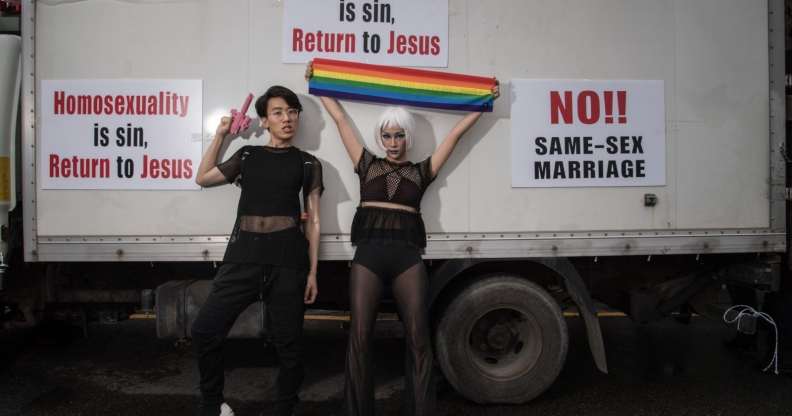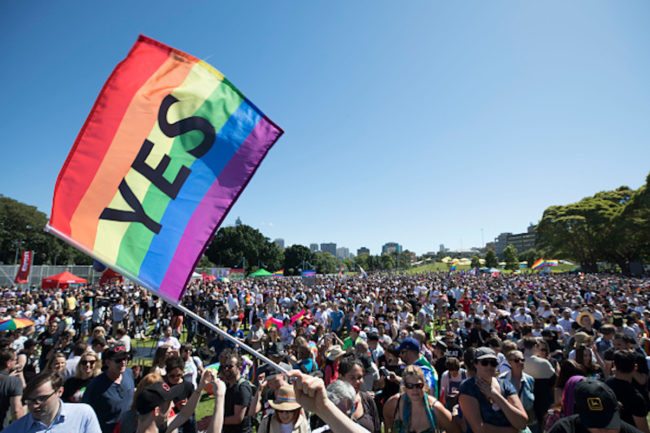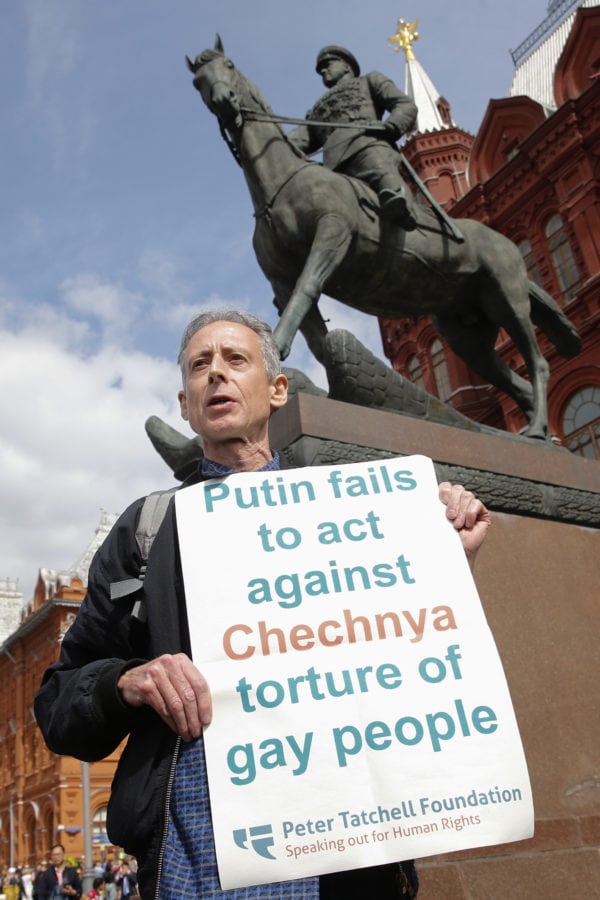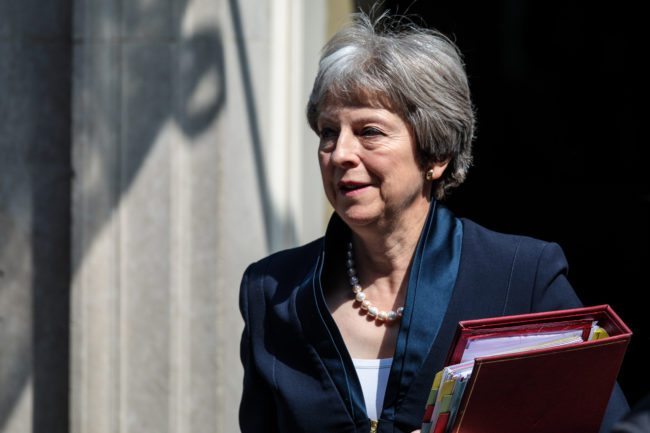Homophobia is costing anti-gay countries billions, report says

Countries with anti-gay laws are losing out on billions of dollars in tourism, investment and international aid according to a new report.
The report, The Economic Cost of Homophobia, was launched in the House of Lords on Tuesday by the Peter Tatchell Foundation.
The Economic Cost of Homophobia uses data from the 71 countries that continue to criminalise LGBT people and analyses the financial impacts of anti-gay legislation.
With Lord Fowler & the @PT_Foundation team at the House of Lords to launch our
report showing the economic costs of homophobia: lost tourism, aid, investment. Homophobia undermines the economies of anti-LGBT+ countries. #HomophobiaCosts. READ the report: https://t.co/nLTy7938LL pic.twitter.com/3gWhOs5Qfl— Peter Tatchell (@PeterTatchell) 19 June 2018
At the launch, Peter Tatchell said that the Foundation’s report focused upon the economic impact because he had previously found the financial arguments more convincing to some than the human rights aspects.
The report focused on a number of key areas, including tourism, migration, investment and international aid.
According to the World Tourism Organisation, the LGBT tourism industry is worth over $211 billion, with most of this being spent in countries with positive stances on LGBT rights, notably Australia, the UK, Canada, France, and the US.

In 2017, Australia legalised same-sex marriage (Cole Bennetts/Getty Images)
The report goes on to use Uganda as an example of the impact that anti-gay legislation can have on an economy.
The report highlights that when the Ugandan parliament passed the controversial Uganda Anti-Homosexuality Act in 2013, several governments withdrew international aid.
Many LGBT people, including those who are highly educated, also emigrate from countries with anti-LGBT laws to more accepting countries, drawing away innovation and expertise.
The report adds that according to Home Office figures, asylum requests from LGBT people due to homophobia or anti-LGBT laws have increased by 400 percent within recent years.
The Peter Tatchell Foundation said at the launch: “Anti-LGBTQ laws present not only social and economic drawbacks for individual LGBTQ people, but their very existence impedes the wider economic development and long-term prosperity of a nation.”

British gay rights activist Peter Tatchell stages an anti-Putin protest against the mistreatment of LGBT people in Russia (MAXIM ZMEYEV/AFP/Getty)
71 countries continue to criminalise same-sex acts, 36 of which are members of the Commonwealth.
Campaigners have highlighted that these Commonwealth laws are primarily ones imposed during the British Colonial era that were never repealed.
More than a billion people live under anti-gay laws in the Commonwealth.
Speaking at the Commonwealth Heads of Government Meeting (CHOGM) meeting in April, Theresa May told leaders that the UK “deeply regrets” its legacy of anti-gay laws.

British Prime Minister Theresa May (Jack Taylor/Getty)
May said: “Across the world, discriminatory laws made many years ago continue to affect the lives of many people, criminalising same-sex relations and failing to protect women and girls.
“I am all too aware that these laws were often put in place by my own country. They were wrong then and they are wrong now.
“As the United Kingdom’s Prime Minister, I deeply regret the fact that such laws were introduced, and the legacy of discrimination, violence and even death that persists today.”

